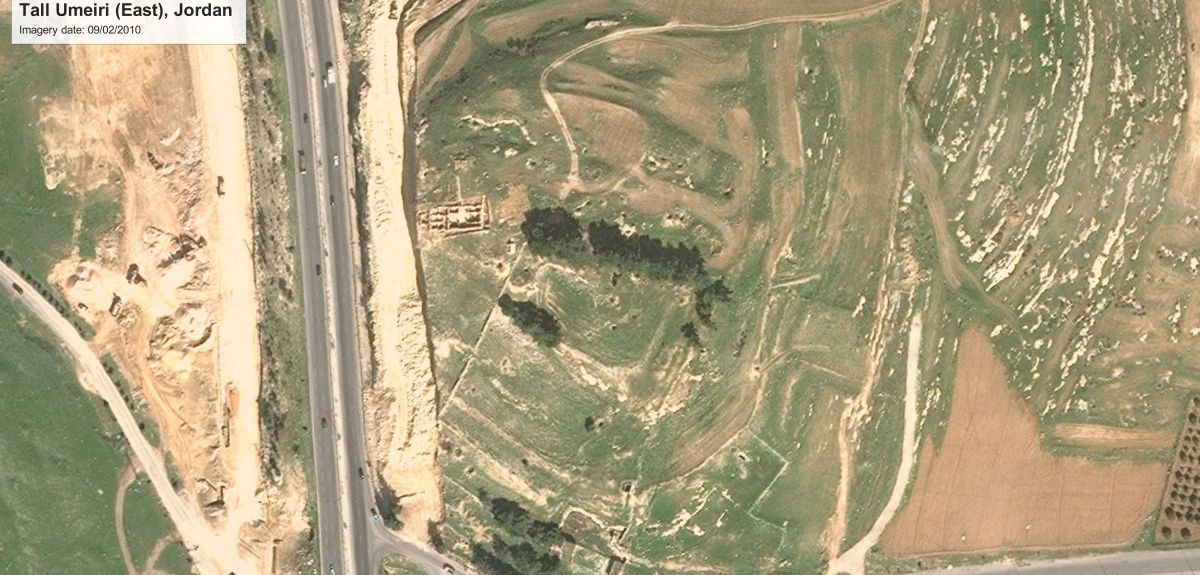
Credit: EAMENA
Official launch of public database of ‘at risk’ archaeological sites
Endangered Archaeology in the Middle East and North Africa, (EAMENA) an archaeological preservation project, will today launch public access to its online database of nearly 20,000 archaeological sites at severe risk due to conflict and other agents of destruction in the Middle East and North Africa.
The announcement will be made during the first ever Public Archaeology Twitter Conference(#PATC) today. The conference will also have input from over 30 other leading archaeological academic institutions and projects. It is hoped that the database will drive awareness of the scale of the problem and help governments, NGOs, and other regional stakeholders preserve the heritage of the people of the Middle East and the wider world.
EAMENA’s spatial database will provide information for each site, including the level of risk and how each site relates to others. It will be accessible to all heritage professionals and institutions with an interest in the archaeological heritage of the Middle East and North Africa.
It is supported by Arcadia – a charitable fund of Peter Baldwin and Lisbet Rausing, and based at the Universities of Oxford, Leicester, and Durham. EAMENA was established in January 2015 to respond to the increasing threats to archaeological sites in the Middle East and North Africa. The project uses satellite imagery to rapidly record and make available information about archaeological sites and landscapes which are under threat.
Not all damage and threats to the archaeology can be prevented, but they can be mitigated through the sharing of information and specialist skills
Dr Robert Bewley, Director of EAMENA project
Dr Robert Bewley, from the School of Archaeology at the University of Oxford and Director of EAMENA project, said: 'Not all damage and threats to the archaeology can be prevented, but they can be mitigated through the sharing of information and specialist skills. The archaeology of the Middle East and North Africa is exceptionally rich and diverse, giving insight into some of the earliest and most significant cultures in human history.Those seeking to deliberately damage archaeological sites are attacking the cultural heritage of all of us.
'I would like to take the opportunity to thank our donors, my colleagues and partners that have made this vital work possible.'
 International collaboration launches largest-ever therapeutics trial for patients hospitalised with dengue
International collaboration launches largest-ever therapeutics trial for patients hospitalised with dengue
 Oxford-built multi-agent assistant for cancer care to be piloted in collaboration with Microsoft
Oxford-built multi-agent assistant for cancer care to be piloted in collaboration with Microsoft
 World's first Phase II Nipah virus vaccine trial launch
World's first Phase II Nipah virus vaccine trial launch